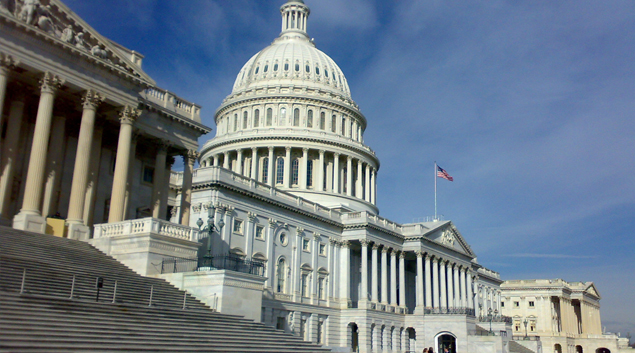
Economists and business leaders, including former House speaker Newt Gingrich and Forbes Media chairman and CEO Steve Forbes, have penned a letter to Congress, pushing it to include healthcare price-transparency in the next COVID-19 stimulus package.
The letter came out in support of the Health Care PRICE Transparency Act, which would mandate that hospitals and insurers post their cash prices and closed-door negotiated rates in an easy-to-access online format.
The signatories – including Ken Blackwell, former state treasurer of Ohio and former mayor of Cincinnati; Brian Blase, CEO of Blase policy strategies and former special assistant to the president for economic policy; and Larry Van Horn, professor of economics and executive director of health affairs at Vanderbilt’s Owen Graduate School of Business – contend that by requiring hospitals to post real prices, and insurers to disclose reimbursement rates before care is delivered, patients will better be able to evaluate their options.
HIMSS20 Digital
Learn on-demand, earn credit, find products and solutions. Get Started >>
WHAT’S THE IMPACT?
Along with helping employers design health benefits, the letter cites cost savings to the healthcare system among price transparency’s benefits. Included is a link to a JAMA study estimating that fixing price problems could save Americans up to $90 billion annually and reduce healthcare waste that each year runs into the hundreds of billions.
This stance is in stark contrast to that of many provider organizations, which have argued that the Department of Health and Human Services should delay implementation of the price-transparency rule until after the courts have made a decision in the case. Provider organizations, including the American Hospital Association, the Federation of American Hospitals, the Association Medical Colleges and the Children’s Hospital Association, have filed an appeal against a ruling that would implement a price-transparency rule in a few months’ time.
Those groups said the rule would pose a burden to hospitals and health systems responding to the COVID-19 public health emergency, saying that even attempting to comply with the rule would necessitate a significant diversion of financial resources and staff time that hospitals can’t spare as they continue to treat coronavirus patients.
The new letter’s signatories claim that the vast majority of Americans favor price transparency, and say it could drive down prices by allowing Americans access to information that will help them shop for coverage.
“Without price transparency, there is a lack of accountability for insurers and hospitals” the letter states. “We need accountability, and we need to help patients, employers, and taxpayers get better value from (the) healthcare sector.
“Healthcare price transparency is the best, most free market, and least administratively burdensome way to lower healthcare spending while improving quality and outcomes,” the signatories wrote.
THE LARGER TREND
The call for price transparency comes on the heels of a federal court’s ruling in favor of President Trump’s executive order on Improving Price and Quality Transparency in American Healthcare.
On June 23, a federal judge ruled against the lawsuit brought by the American Hospital Association and other providers, which claimed a final rule requiring them to post their negotiated prices with payers violated their First Amendment rights, was arbitrary and capricious, and exceeded HHS’ statutory authority.
The groups appealed the decision on June 24 on an expedited basis, as the final rule on price transparency is scheduled to go into effect on January 1, 2021.
“Asking information technology and clinical care departments to refocus their efforts at this juncture is, at best, unwise, as the past week has demonstrated that significant new outbreaks of the virus can occur in locations that were previously unaffected or had very few cases,” the AHA wrote this month.
The Administrative Procedure Act specifically contemplates an agency’s postponing the effective date of action taken by CMS pending judicial review, the groups said.















